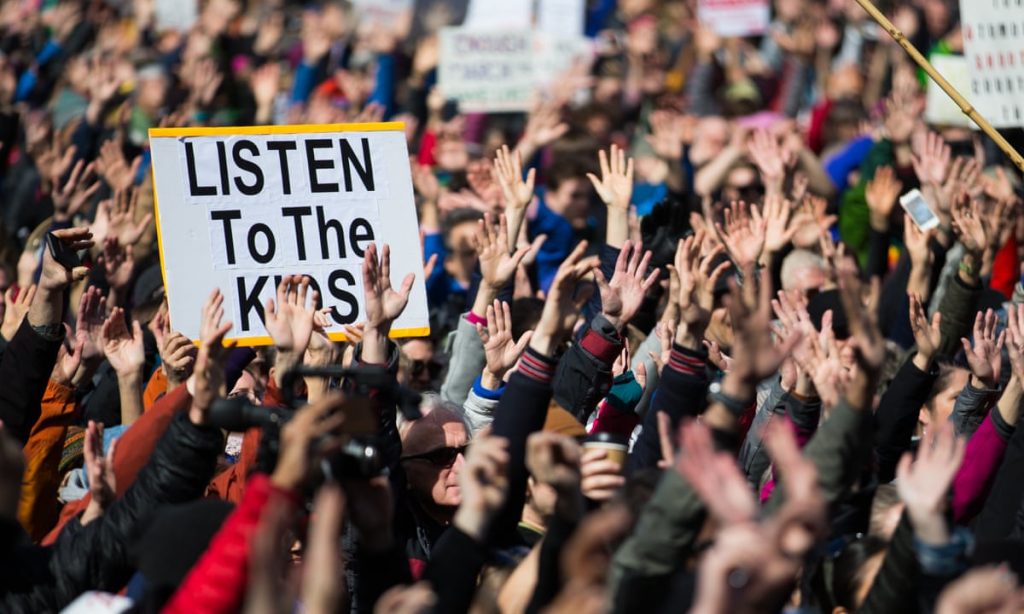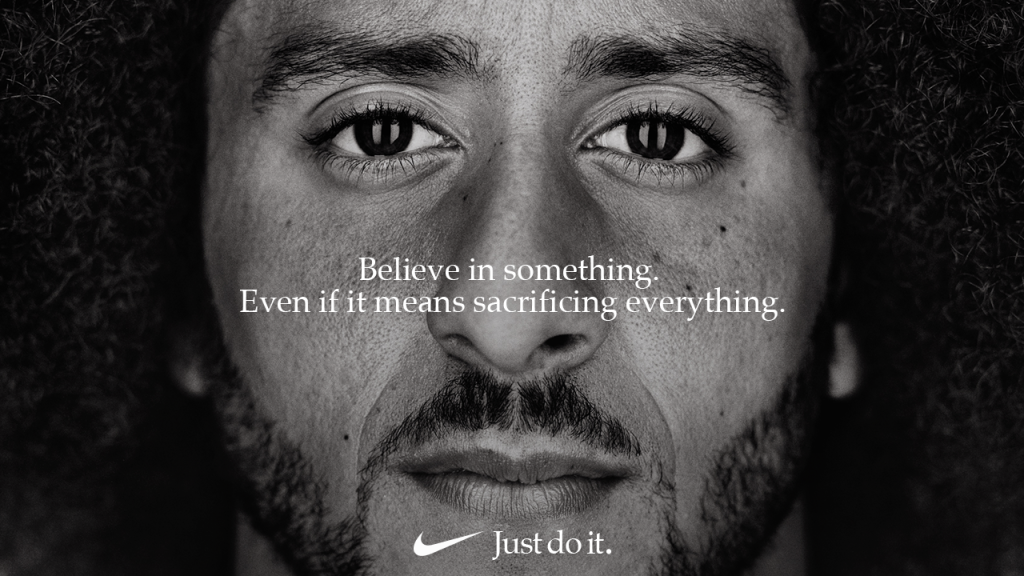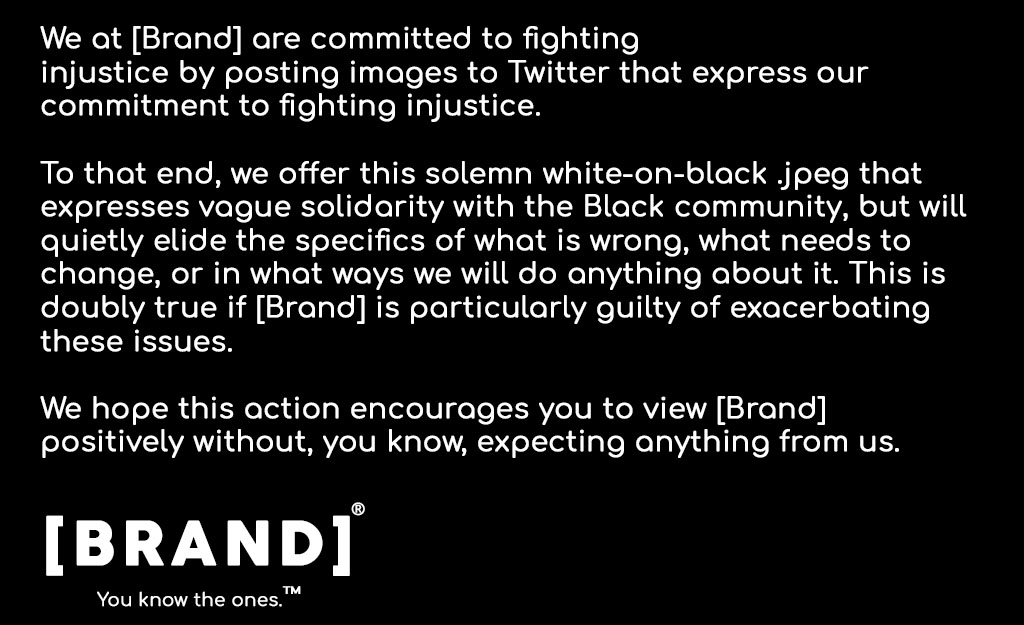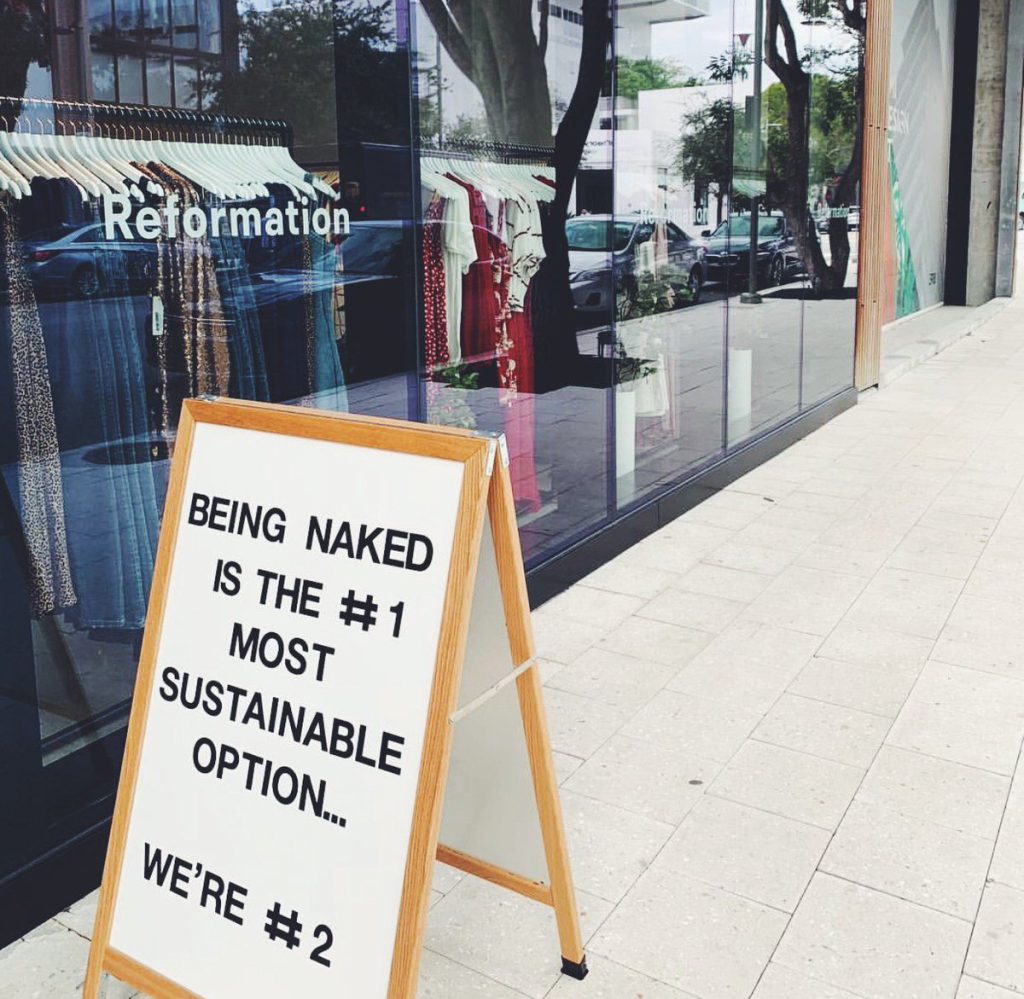

On May 25, 2020 the senseless killing of George Floyd set the world on fire – both literally and figuratively. People everywhere took to social media and the streets to call out systemic racism and police brutality. On June 2, the “Blackout Tuesday” movement was launched by music executives Brianna Agyemang and Jamila Thomas of Atlantic Records. The global initiative intended to amplify black voices and to hold the multibillion dollar music industry accountable for profiting from the work of black artists. Social media users were encouraged to show their support by posting a black square on their timeline using the hashtag #BlackoutTuesday, and it has garnered over 23 million posts to date.
Many brands chose to show their solidarity and their support of the BLM movement. Others did not.
Then something interesting happened. On June 3, an Instagram account @silent_brands began calling to attention the organizations that posted a black square on their social feeds, but that had not taken any action to back it up. They also called out brands that remained silent during this time. If they posted without any donation or plan of action to back up their posts, it was called out as being disingenuous. If they didn’t post at all, they were called out for silently condoning racism.
Historically, it hasn’t always been required or even encouraged for brands to take a stance on social issues. But increasingly, it seems mandatory. Why? Because consumers are demanding it. One recent report from Cone, a Porter Novelli company, indicates that 72% of Americans say they feel it is very important that a company they buy from reflects their values. 76% say supporting companies that are addressing social and environment issues helps them feel they are doing their part. Additionally, 86% say they’re likely to purchase from purpose-driven companies.
It will be crucial therefore that all brands and retailers clearly understand the mindset and lives of the consumers driving this trend.
CHASING THE WOKE CONSUMER
Generations are typically characterized by a set of years and are marked by global events during the span of their lives; these global events often influence a cohort’s outlooks, attitudes and values. As of 2019, Gen Z (those born after 1996) made up 32% of the global population and are often characterized as being stressed and depressed. More than 91% say they have experienced at least one physical or emotional symptom due to stress and only half of the cohort feel they do enough to manage that stress.
The recession of 2008/2009, the fight for gender equality, LGBTQ+ issues, the climate crisis and – to top it off – a global pandemic are some of the major issues that have already marked the lives of Gen Z. But what makes this generation different? For starters, they are the most diverse generation in history. Nearly half are racial or ethnic minorities. This could explain why 53% of Gen Z believe that interracial marriage is good for society (compared to 33% of Gen X and 17% of Boomers). In addition, 47% of Gen Z believe that same-sex marriage is good for society (compared to 33% of Gen X and 27% of Boomers).
They are also the most educated. In 2017, 59% of American Gen Z were enrolled in college (compared to 53% of millennials at the same age, and 44% of Gen X).
Historically, kids relied on their families, teachers, and the communities they grew up in to influence their view of the world. Now, younger generations grow up with hundreds of influences from around the world, accessed 24/7 from the palm of their hand. That includes the significant influence and power of brands.
Companies may choose either a single or multi-cause approach to their activism but it’s crucially important to not use, or appear to be using every passing cause as simply a marketing ploy. According to San Francisco based agency Traction, 41% of consumers believe one-off cause-marketing campaigns are something that companies use to appear caring when in fact they are simply push products. For brands, silence on social issues can (in some instances) be better long term than inserting themselves into every social movement for the sake of showing “wokeness”.
On the other hand, organizations can seek out one, or a select few issues they can impact positively, and go all in. These purpose driven brands live and breathe one cause and as a result, incite real change and attract consumers who buy into their values not only with their hearts and minds, but their dollars too.
COMMITMENT PAYS OFF
In 2001, Patagonia, a company with activism at its core, established the 1% for the planet program which meant 1% of sales would be donated to organizations that supported the values of its founder, Yvonne Chouinard. To date, $89M has been donated to organizations fighting the urbanization of Yosemite, GMO’s, among other environmental causes. Not only does the company live by these values, but it encourages its employees to do the same; going so far as to bail them out should they be arrested while protesting and advocating for climate change.
In 2016 a team of employees proposed that the company give away its Black Friday sales to grassroots environmental organizations. Within 30 minutes of receiving the risky pitch, the company’s CEO, Rose Marcario responded (via text message) giving the team full approval on the idea – and it paid off. Patagonia raised $10M and acquired 24,000 new customers.
Simply put – environmental activism is at the core of everything they do – from the people they hire, to the products they sell, the platforms they build and the customers they attract. A survey conducted in 2017 suggested that 69% of Patagonia’s customers are concerned about where products come from and 67% see environmental protection as critical.
Patagonia’s activism – online and offline – has been crucial to their success. The company is now valued at $1B. They have also played an integral role in influencing other companies to make positive change. Even in the midst of the BLM movement this past June, they found a common cause that aligned with their focus – decrying systemic racism globally as being inherently linked to the climate crisis. Not only did it make sense for Patagonia, it was genuine, authentic and felt like a natural congruency for the organization.
Nike too, has a long history with activism and has continued to set the bar for other brands in their commitment to social issues, most recently and perhaps most famously in their support of former NFL player Colin Kaepernick and the “take-a-knee” movement of silent protest against police brutality toward African Americans. Shortly thereafter, Nike released an ad featuring Kaepernick with the slogan “Believe in something. Even if it means sacrificing everything”. While Nike’s share value fell initially, they eventually saw a $6B rise in brand value, and a 31% lift in sales – not to mention the $163M in earned media the campaign generated.

In addition to their ongoing support of the BLM movement, they quickly created a video in solidarity and donated $40M to black community organizations. Every decision they made in support of the movement was backed up by their ongoing, long term commitment to the issue.
WHEN BRANDS FALL DOWN
With so many brands feverishly racing to declare their stance, some have been called out for what some see as politically safe and ineffective rhetoric. Rhetoric designed only as a token gesture, lacking any meaningful action.

Not all attempts at corporate activism end well.
Reformation was founded in 2009 and quickly gained popularity due to their commitment to sustainable fashion. In 2019, they did $150M in sales and subsequently was acquired by Permira Advisers. Reformation’s success is largely attributed to their customer’s desire for fast-fashion-esque clothing that they could feel good about buying.

On May 31, 2020, the company shared a post pronouncing their solidarity with the BLM movement, with a list of organizations they encouraged their customers to donate to. On the surface, it seemed like a positive act. But on June 4, 2020, everything changed when Elle Santiago, a former Reformation employee, shared her experience working there. Since then, Santiago’s post has accumulated 60,000 likes and thousands of comments including other stories of the same behaviour experienced by others. Many began turning on Reformation, calling for the company to declare the value of their donation and the diversity practices they were implementing internally.
Consumers also called out Nordstrom, a retailer of Reformation products, to drop the brand from its shelves. When questioned about this, Nordstrom said they were taking the accusations seriously and would be conducting a formal investigation. There has been no news on this since. Within two weeks, after admitting wrongdoing, Yael Aflalo, the CEO and Founder of Reformation had stepped down from her role. The company has been largely silent since. While the long term fallout is unclear, what is clear is that the company was exposed and their reputation may never be repaired.
WHAT WILL YOU FIGHT FOR WHEN NO ONE’S WATCHING?
Gen Z has a global awareness of the issues that we face. They also possess the knowledge and tools to hold individuals and organizations accountable. In each case where advocacy and activism has gone wrong, brands attempted to jump on the bandwagon without assessing whether or not they were even remotely exemplary of the social causes they were promoting. Inevitably, many (even the well-intentioned) get exposed as opportunists.
It has never been easier for brands to show their support on these important issues. The hard part is to declare and stand by your values. Choose authenticity over opportunity. Don’t wait until something is trending to take a stand. My advice? Find what sets your organization on fire. Figure out how you are uniquely positioned to change the world. And once you figure it out, get to it.
